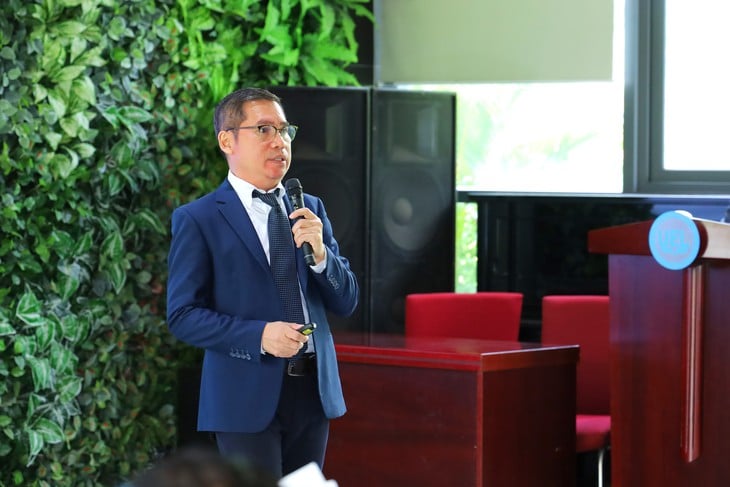
Dr. Duong Van Thinh believes that it is necessary to ensure the training of a native AI team for Vietnam in the future - Photo: UEL
This is one of many highlights in the seminar "Digital transformation training in the development trend of AI Agent workforce in enterprises", organized by the University of Economics and Law (Ho Chi Minh City National University) on May 19.
Dr. Duong Van Thinh, vice president of AI technology at Veron Group, said that the three key regions of Hanoi , Ho Chi Minh City and Da Nang are currently leading in the number and speed of data center expansion, with the main driving force being cloud computing and international investments.
According to him, by 2024, the Vietnamese data center market will reach a scale of 700 - 800 million USD and is expected to increase 3.5 times by 2030.
Given this scale, he believes that investing in training domestic AI human resources is a vital factor if Vietnam wants to reduce its dependence on foreign technology.
Several tech companies are investing in AI Labs, with the aim of nurturing local tech talent from model research to practical deployment in data centers.
Meanwhile, Dr. Le Hoanh Su, head of the Department of Information Systems, University of Economics and Law, emphasized the role of universities and businesses in training the new generation of workforce "Workforce 2.0".
To do so, according to him, Vietnamese universities need a comprehensive "reconstruction", not simply curriculum improvement.
More specifically, the current training focus must shift from technical knowledge to advanced digital and soft skills. In addition to knowing how to use AI, students need to be prepared to collaborate, control, and develop AI systems.
An example at the University of Economics and Law (Vietnam National University, Ho Chi Minh City) is the FIS@UEL model. This model includes redesigning the AI integration program in a skills-oriented manner; deploying labs and sandboxes for students to train AI Agents in real-life situations.
He emphasized that the future workforce must not only understand AI but also accompany, monitor and develop it ethically and effectively.
Therefore, universities need to become platforms to nurture human-machine collaboration capabilities, while maintaining the role of humans ineducation : inspiring, guiding critical thinking and protecting human values.
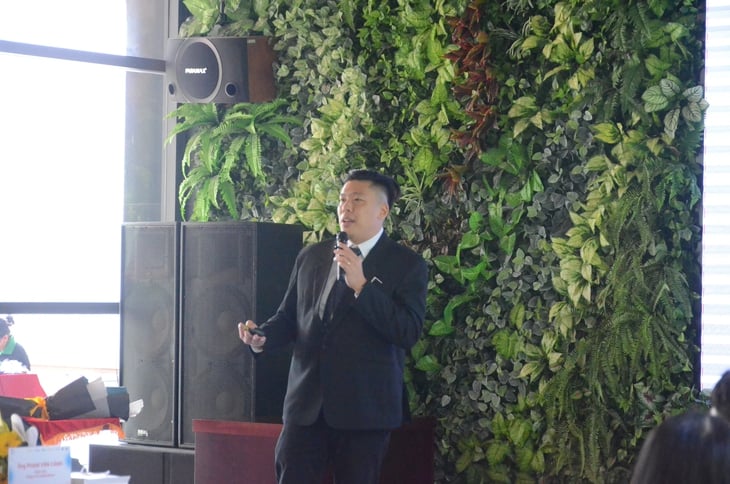
Singaporean technology expert Daryl Chung shares at the seminar - Photo: UEL
"The real risk is not AI, but obsolescence," warns expert Daryl Chung, Co-founder of JDI Technology Group (Singapore).
According to Mr. Chung, the world is rapidly shifting from automation to autonomy , with AI Agents capable of "acting as a colleague" instead of just a tool.
In this context, many traditional career positions from HR, marketing, data analysis to teaching are being completely reshaped. Specifically, lecturers are no longer simply knowledge transmitters, but have become learning experience designers .
He pointed out that the biggest barrier today is not technology, but lack of confidence, lack of training orientation and hesitation in making real investments.
According to him, universities should help students move from “AI-aware” to “AI-ready”. The four core elements that need to be implemented include raising awareness (Awareness), ensuring access to tools (Access), increasing adaptability (Adaptability) and building ethical consensus (Alignment).
Mr. Chung proposed several approaches in the education sector, including equipping students with the ability to collaborate with AI in all disciplines.
Next, it is necessary to empower instructors with AI tools to design personalized lectures, analyze learning data, and reduce administrative workload.
Finally, it is necessary to strengthen cooperation between universities and businesses to jointly develop short-term courses, applied research projects, and connect internships and jobs based on AI data.
AI Development Cooperation
Also at the event on the morning of May 19, the University of Economics and Law signed a cooperation MOU with many technology businesses.
Accordingly, partner businesses will support the school in training, especially creating conditions for students to participate in business semesters and Co-op programs at the company's units.
The two sides will also cooperate in research activities, academic exchanges and human resource development. In particular, they will promote AI research and application to improve productivity and competitive advantage of enterprises.
Source: https://tuoitre.vn/truong-dai-hoc-can-giup-nguoi-hoc-tu-biet-ai-sang-san-sang-voi-ai-20250519190610746.htm



![[Photo] Panorama of the Opening Ceremony of the 43rd Nhan Dan Newspaper National Table Tennis Championship](https://vphoto.vietnam.vn/thumb/1200x675/vietnam/resource/IMAGE/2025/5/19/5e22950340b941309280448198bcf1d9)
![[Photo] Close-up of Tang Long Bridge, Thu Duc City after repairing rutting](https://vphoto.vietnam.vn/thumb/1200x675/vietnam/resource/IMAGE/2025/5/19/086736d9d11f43198f5bd8d78df9bd41)

![[Photo] General Secretary To Lam attends the conference to review 10 years of implementing Directive No. 05 of the Politburo and evaluate the results of implementing Regulation No. 09 of the Central Public Security Party Committee.](https://vphoto.vietnam.vn/thumb/1200x675/vietnam/resource/IMAGE/2025/5/19/2f44458c655a4403acd7929dbbfa5039)
![[Photo] President Luong Cuong presents the 40-year Party membership badge to Chief of the Office of the President Le Khanh Hai](https://vphoto.vietnam.vn/thumb/1200x675/vietnam/resource/IMAGE/2025/5/19/a22bc55dd7bf4a2ab7e3958d32282c15)
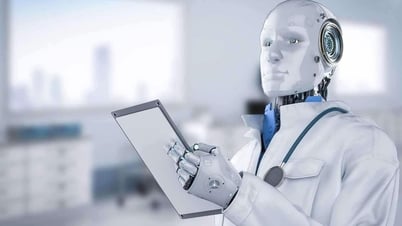
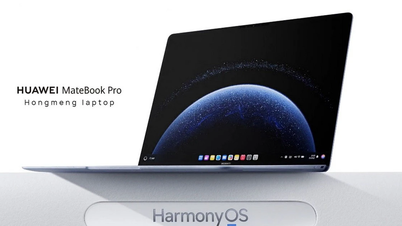

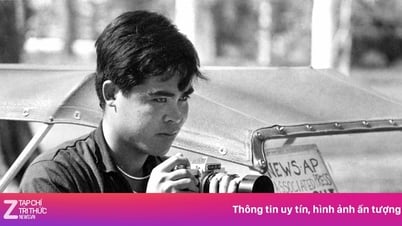

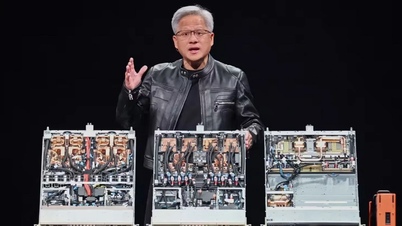








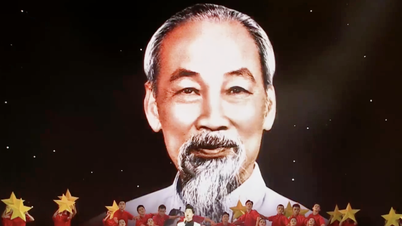
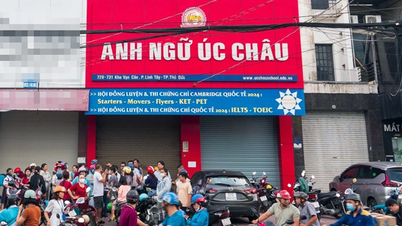
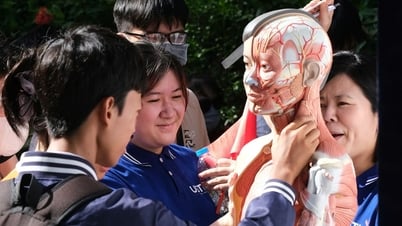


![[Photo] Prime Minister Pham Minh Chinh inspects the progress of the National Exhibition and Fair Center project](https://vphoto.vietnam.vn/thumb/1200x675/vietnam/resource/IMAGE/2025/5/19/35189ac8807140d897ad2b7d2583fbae)












































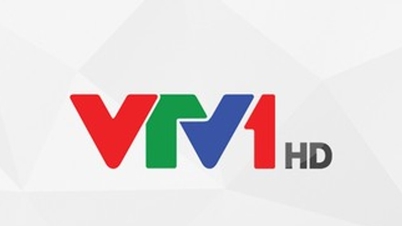

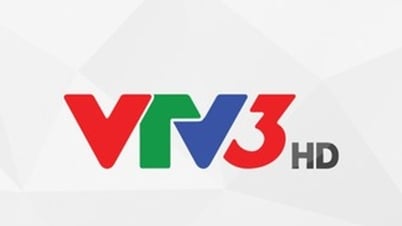
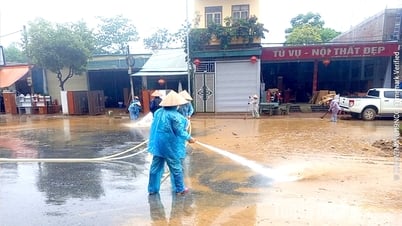



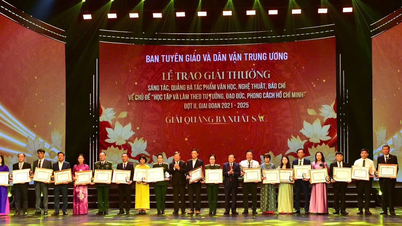







![[VIDEO] - Enhancing the value of Quang Nam OCOP products through trade connections](https://vphoto.vietnam.vn/thumb/402x226/vietnam/resource/IMAGE/2025/5/17/5be5b5fff1f14914986fad159097a677)



Comment (0)